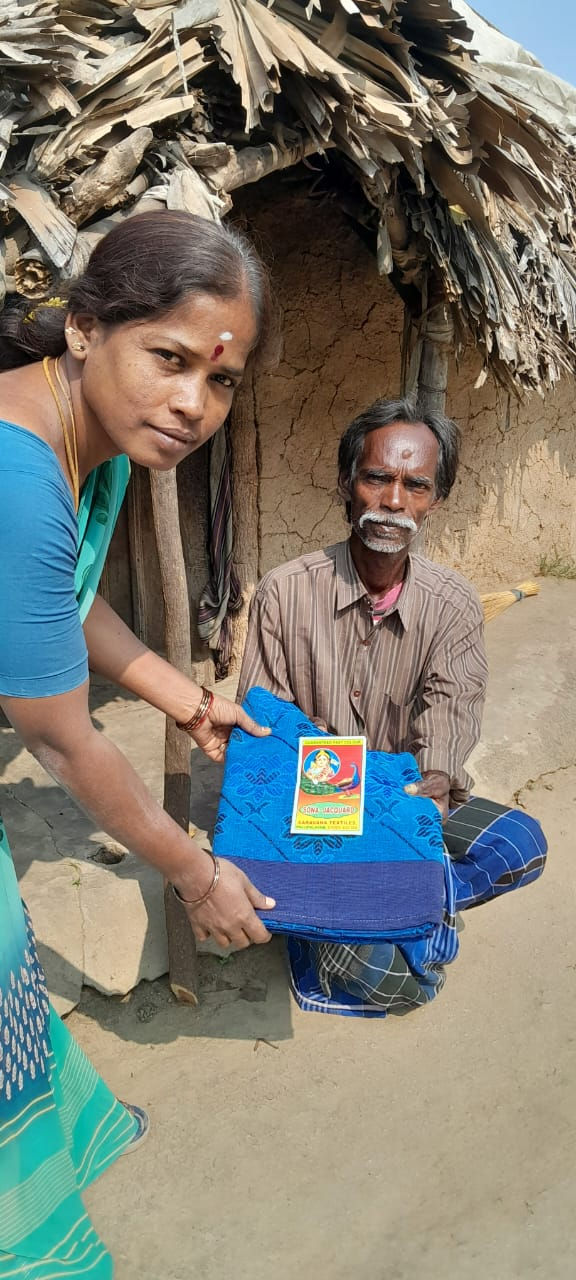Tamilnadu Dalit Women Movement Participation in the 2nd Mahila Kisan Sammelan, Organized by MAKAM (May 7–9, 2025)
- tnwforum
- May 14, 2025
- 2 min read
Updated: May 20, 2025

Mahila Kisan Adhikar Manch (MAKAM) organized the 2nd Mahila Kisan Sammelan from May 7–9, 2025, at the Department of Women and Gender Studies, Savitribai Phule Pune University. The event brought together women farmers and activists from 17 states, including five representatives from the Tamil Nadu Women's Movement namely, Shanthi, Uma, Latha, Anbarasi, and Sulokshana. who traveled from Tiruvallur and Ranipet districts.

During the program, discussions centered on the struggles of landless Dalit women and the challenges they face. Women shared insights on natural collective farming and agroecology as sustainable solutions for survival and growth. Another session focused on women farmers' rights, exploring the benefits they are entitled to and the restrictions that prevent them from accessing land. Participants highlighted how landless Dalit women are often exploited, forced to work at low wages, and subjected to sexual violence. The land ownership system is deeply unfair—while the law states that an individual can own 15 acres, some people control 100 acres or more, using proxies such as sons or relatives to bypass regulations.

A disturbing case was shared about a woman from Thakkolam, who was sexually assaulted after working for upper-caste landowners. In response, activist Uma spoke about how women are reclaiming government land and insisted that they must engage with election candidates, asking them whether they will support landless Dalit women in acquiring and leasing government land for farming. She encouraged women to vote only for candidates who commit to addressing their demands.

The discussions also covered seed collection and sustainable farming. Women from Telangana and Maharashtra revealed how they handle ploughing without tractors and harvest crops without male assistance. They shared their methods for organic seed collection, maintaining seed banks, and marketing excess seeds.

A heartbreaking example of land discrimination was shared by Dalit Buddhist women in Odisha. When they requested land for their community, they were told they could only have it if they used artificial fertilizers, rather than practicing organic farming, highlighting how caste and farming practices intersect in discriminatory ways.



The conference emphasized the importance of women owning land in their own names and holding farmer cards. It was pointed out that when men own land, they often mortgage or sell it due to habits like alcoholism, leading to financial instability for their families. The event reinforced the urgent need for systemic changes, ensuring that women farmers receive the recognition, resources, and rights they deserve.















Comments